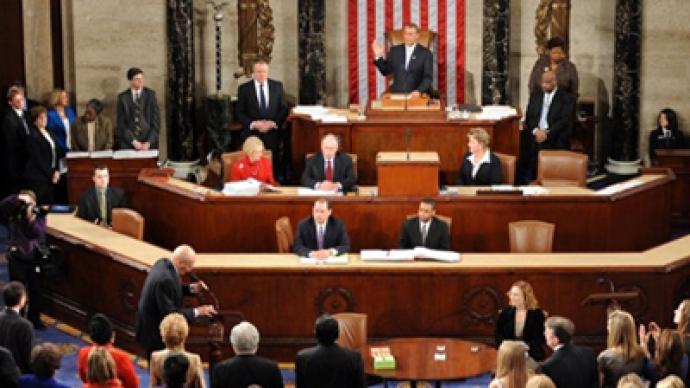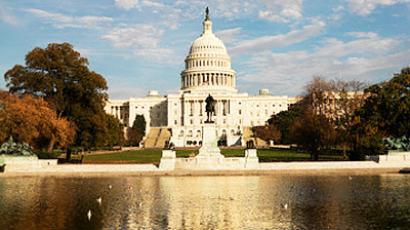Republicans take over US House

The 112th Congress began with the Republican Party officially taking power in the US House of Representatives, with Rep. John Boehner taking over as Speaker and former Speaker Nancy Pelosi as the Democratic Minority Leader.
Midday January 5th the Congress convened in full formality, with the pledge of allegiance and oaths of office. Although the Republicans now control the House, they do not control a majority of the seats in the Senate, meaning compromises will be required in order to get bills through the legislature and to President Barack Obama’s desk for signature. Liz Mair, a Vice President at Hynes Communications and a former communications director for the Republican National Committee (RNC) said the new Congress will likely bring both compromises and gridlock.“I think there will be areas where they can find common ground,” she said. “If you look at what happened in the lame duck session, basically the bottom of last year, you will see that there are a lot of things that the President and congressional Republicans did manage to come together on.” However, issues regarding government spending and the national debt will likely be areas where friction surfaces, in addition to proposed votes on repealing President Barack Obama’s health care reform bill. “A lot of people who went to the polls and voted for Republicans this year and put them back in the majority in the House really do have a major problem with the healthcare reform that was implemented. I think it’s important, as such, that Republicans do in fact put up a vote on this matter, even though ultimately their ability to override a president veto is probably non-existent,” explained Mair.Cutting spending is a top priority of the Republicans in congress, especially those who were Tea Party candidates. Debates over spending cuts and where to cut will cause many political battles. Since taking office, a number of Republicans have begun to retract portions of their promises, realizing they were simply unrealistic. The Tea Party influence however will hold up some promises on spending and Mair is hopeful some House Democrats will also work with the Republicans on common group issues to curb spending.















